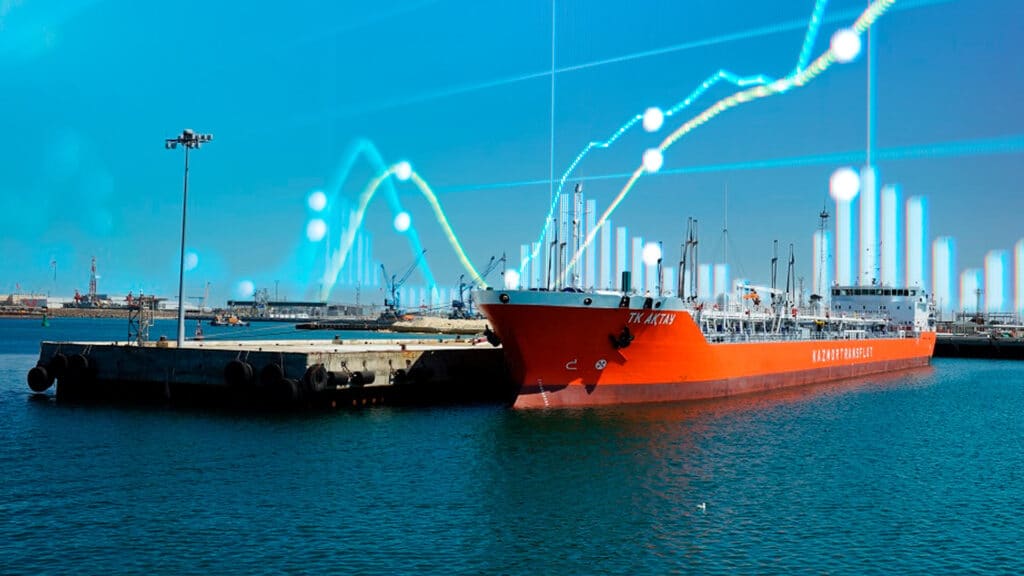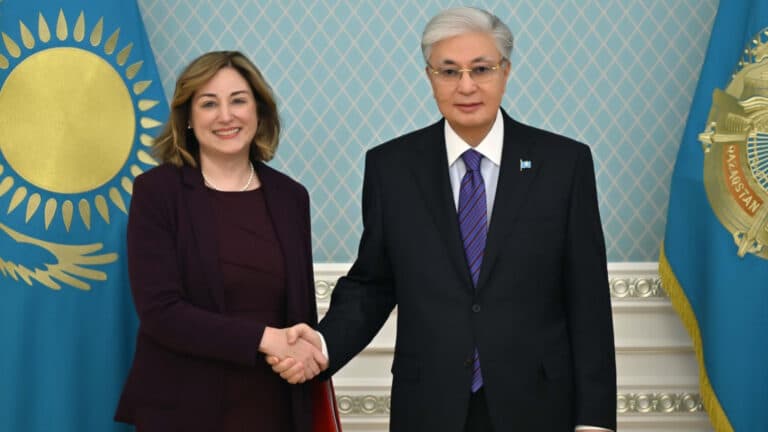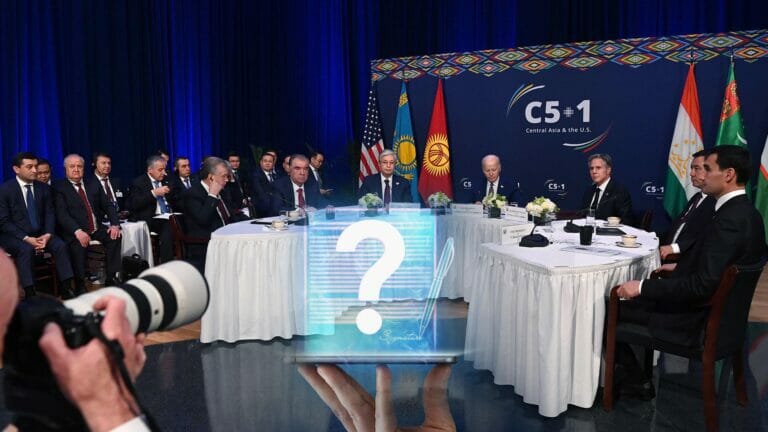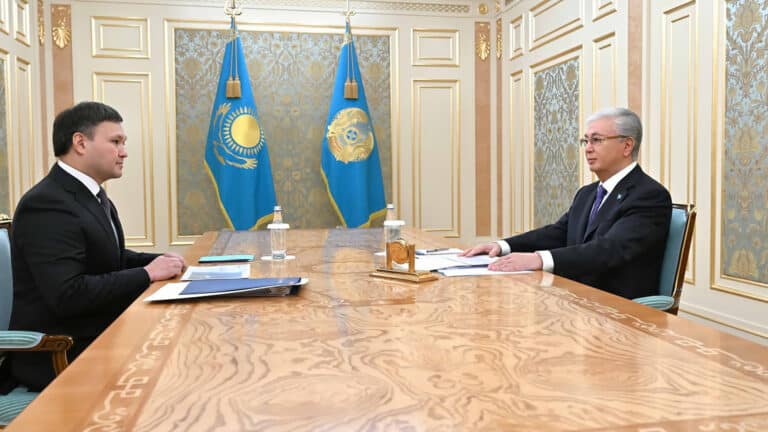
Kazakhstan and China have agreed to significantly boost cargo transportation along the Trans-Caspian International Transport Route (TITR), which connects China and Europe. The current freight traffic volume on the TITR in terms of trains was not specified. However, according to the Ministry of Transport, by 2025-2026, the number of trains per year is expected to reach 600, with plans to increase this number to 1,000 trains in 2027 and 2,000 by 2029.
A bilateral task force on cargo transportation discussed the need for infrastructure development in the ports of Aktau and Kuryk to accommodate the increase in traffic and prevent delays. These developments will be managed by Kazakhstan. In 2025, the plan is to transship at least 50,000 containers, with the number expected to rise to 85,000 containers annually from 2026 to 2029. In 2023, 2.8 million tons were transported along the route, a 64% increase compared to 2022.
To enhance logistics, new railway lines and terminals are under construction. In the port of Aktau, a container hub with a capacity of up to 300,000 twenty-foot equivalent units (TEU) per year is being built, and a new grain terminal is planned for the port of Kuryk.
Additionally, to boost throughput capacity, construction of the new Sarzha Multifunctional Marine Terminal (MMT) has been underway at the Kuryk port since 2023. Nurzhan Marabayev, head of Semurg Invest, which is developing the terminal, stated in October 2023 that all terminal facilities are scheduled to be completed by 2030.
The Ministry of Transport also discussed plans for dredging the Kuryk and Aktau ports. These efforts, according to the ministry, are projected to increase their throughput by 10-30 million tons per year.
In late June, Kestutis Jankauskas, EU ambassador to Kazakhstan, suggested that TITR could be a viable alternative to the Northern Corridor, which connects Russia with Iran and India through Central Asia. Jankauskas noted that before Russia’s full-scale invasion of Ukraine, the TITR had been less developed due to significant government subsidies provided to the Northern Corridor route by Russia.













